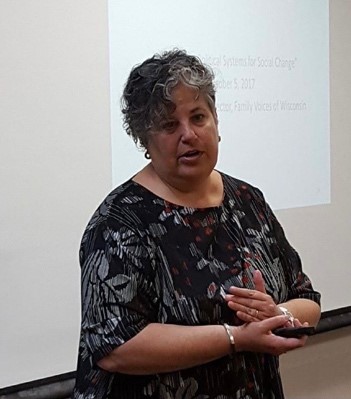What is EPSDT? EPSDT is a benefit for children that sets a higher standard for care than adults.
What does EPSDT cover? Under the benefit, states must cover all “medically necessary” services needed to address the health and well-being of the child. This includes behavioral health conditions. All individuals covered by Medicaid under 21 years old can use EPSDT.
Why is the guidance important? The guidance details how states can meet the goal of EPSDT: “the right care, to the right child, at the right time, in the right setting.” It also says, “states cannot ensure compliance with EPSDT requirements unless have processes in place to oversee, verify, and enforce these requirements, regardless of whether services are delivered through fee-for-services (FFS) or managed care.” In short, the guidance provides clarity on issues that have come up many times as barrier for children.
What does the guidance talk about? There are 3 main sections that the guidance provides strategies and best practices for:
- Promoting Awareness & Accessibility (pages 9-32)
- Expanding and Using a Child-Focused Workforce (pages 32-39)
- Improving Care for Children with Specialized Needs (pages 39-56)
A PowerPoint summary from CMS of the 3 major sections can be found here.
Click here for a more detailed breakdown of the guidance from the National Health Law Program.
What are the key takeaways?
- States are fully responsible for ensuring compliance with EPSDT requirements.
- Managed Care Organizations are not allowed to apply any prior authorization processes for EPSDT screening.
- Limits on services for adults cannot be applied the same to children.
- Children must be provided all possible Medicaid services that is medically necessary, even if the service is not on the list of covered adult services.
- States must assess both physical and mental health development.
- A specific behavioral health diagnosis is not needed before services are provided.
- Children must be allowed to exceed any set amount or duration of services limits, if they are medically necessary for the child.
- States must cover services to correct or improve the child’s condition, regardless of if the condition was present at the well-child visit.
- MCOs must care for the child’s long-term needs, not just treat their immediate issue(s).



















